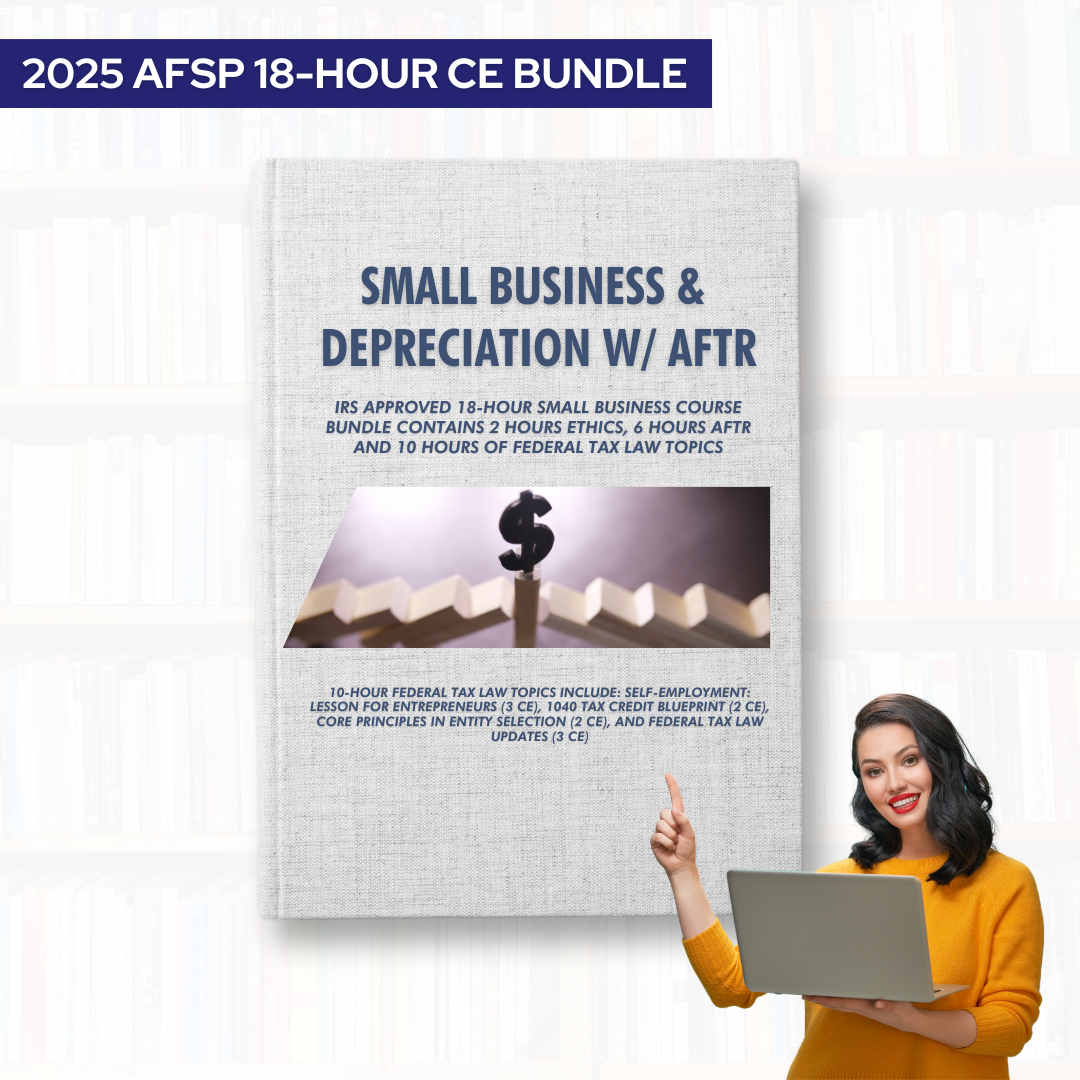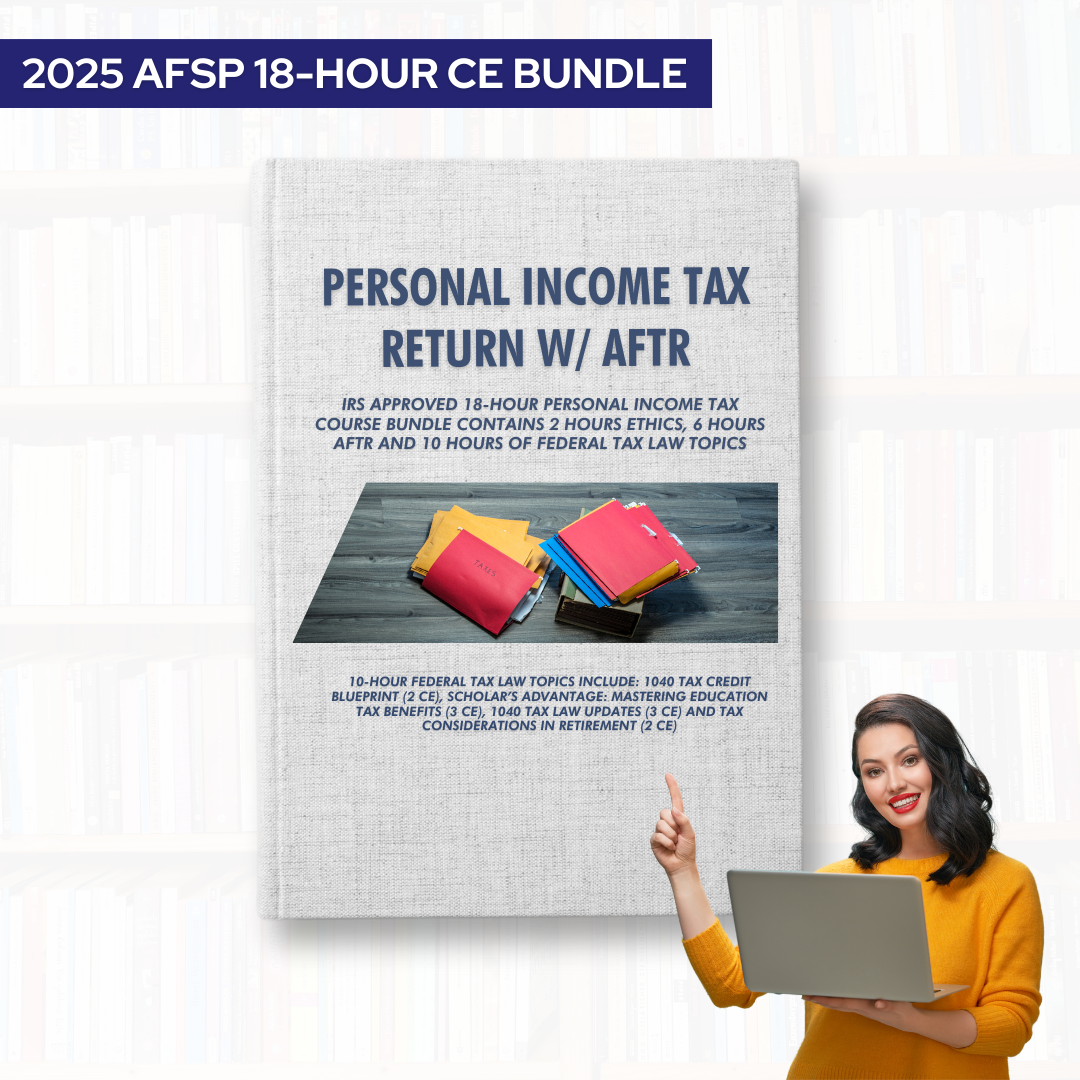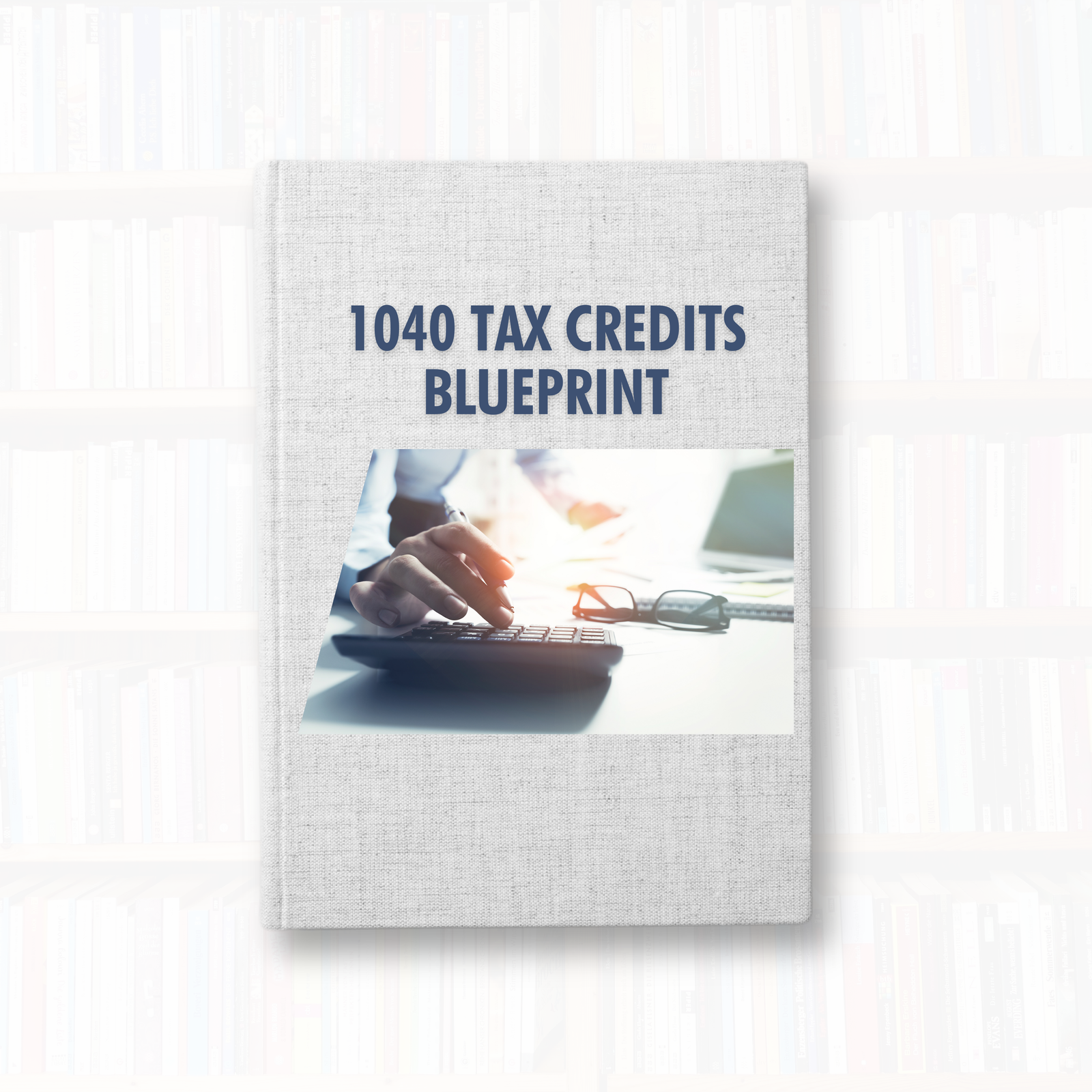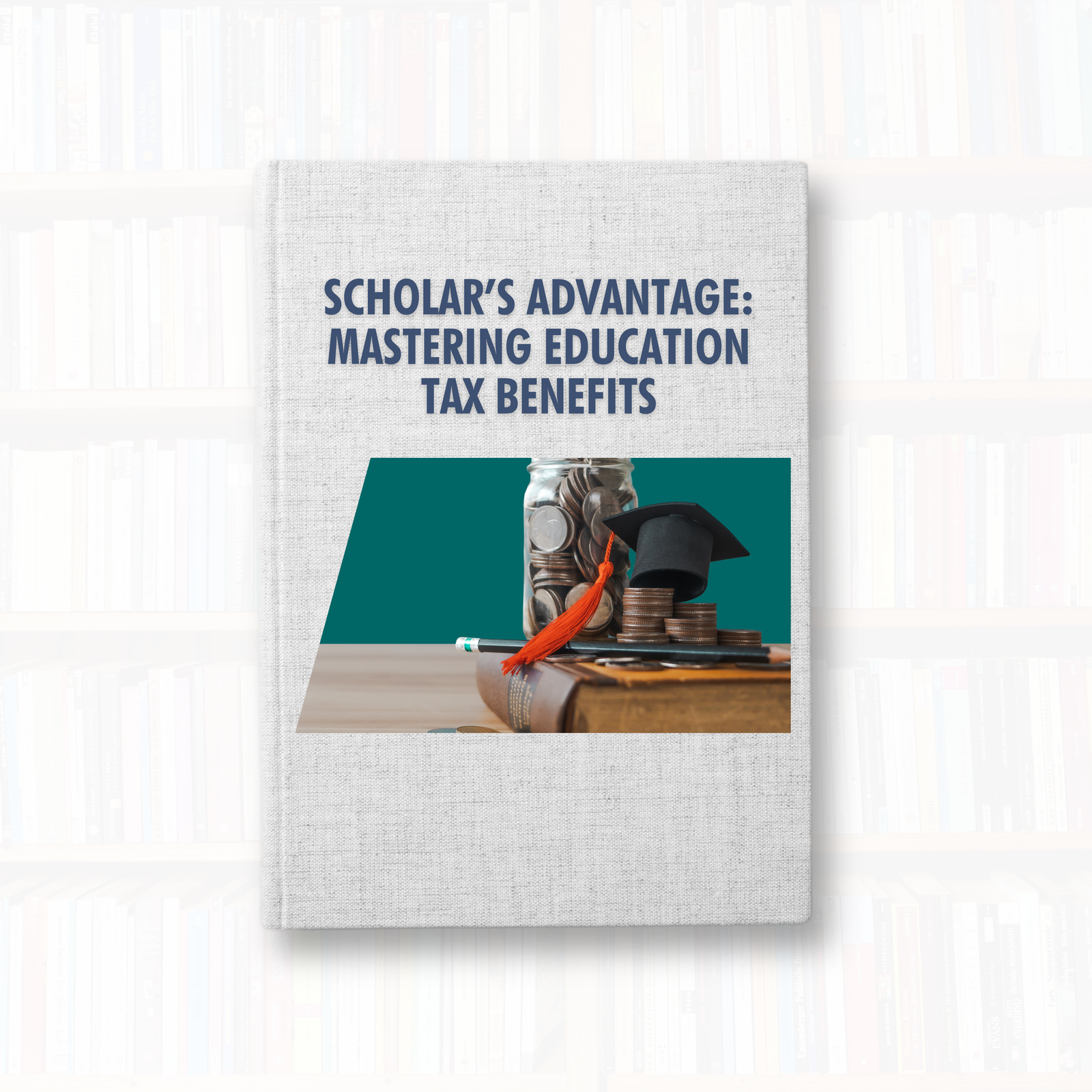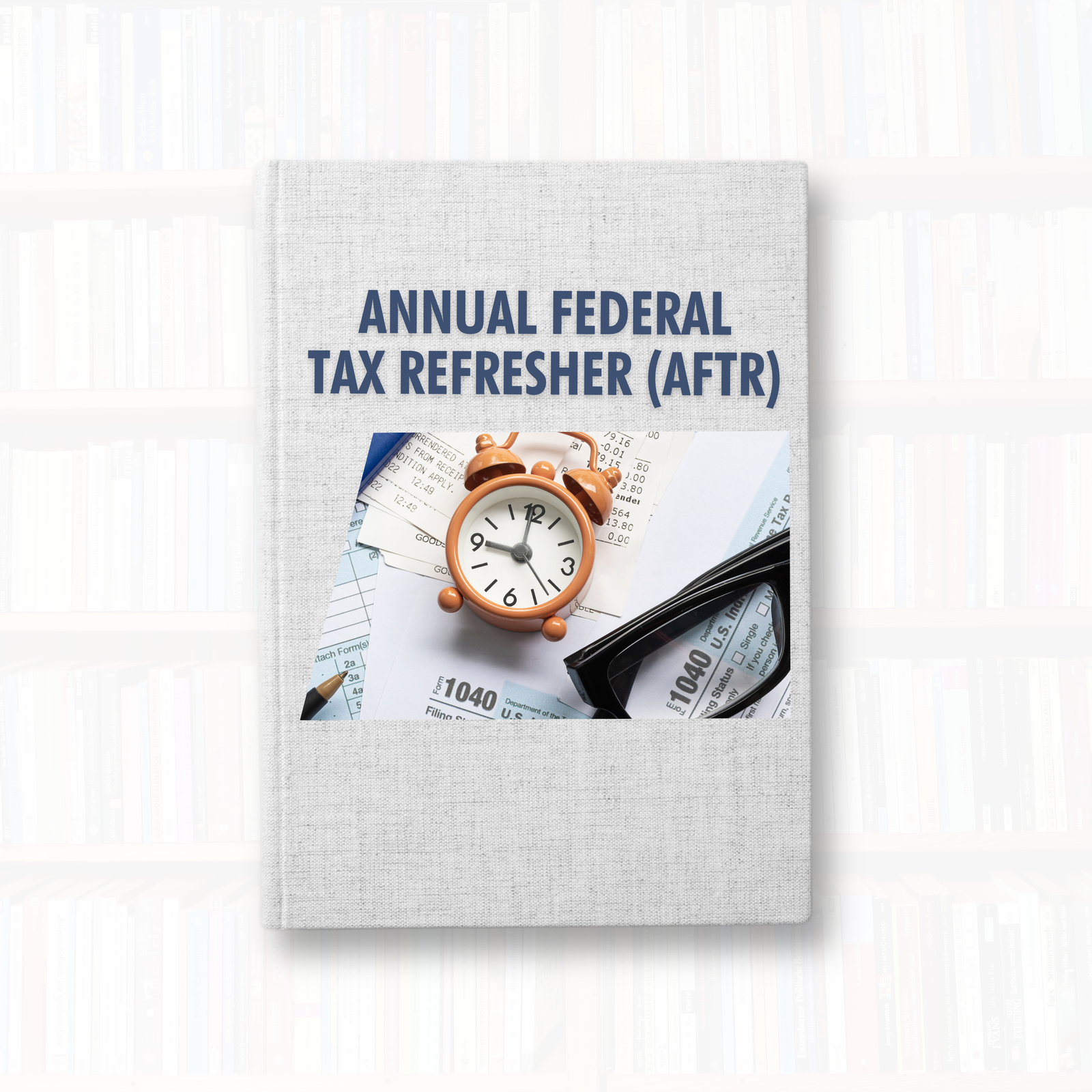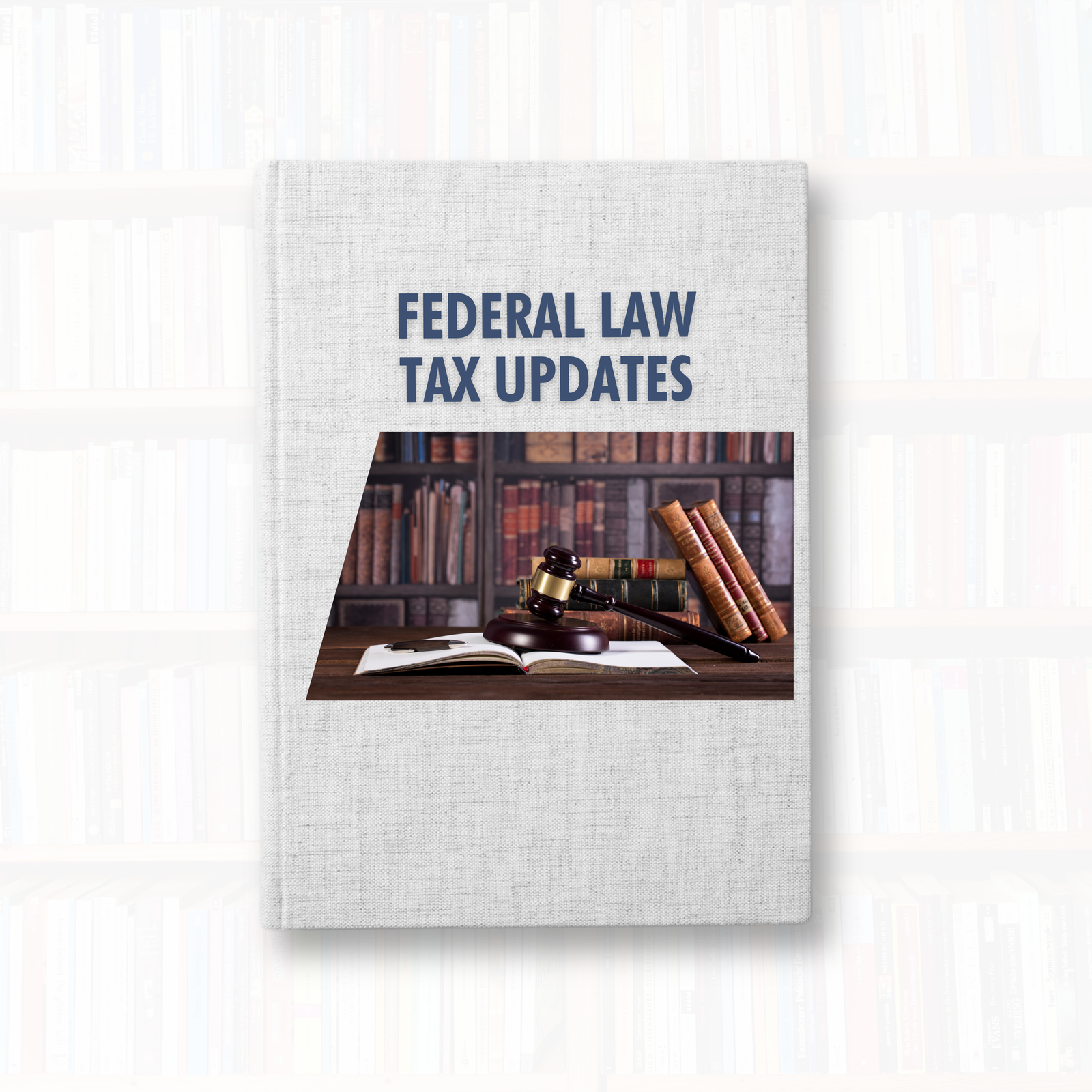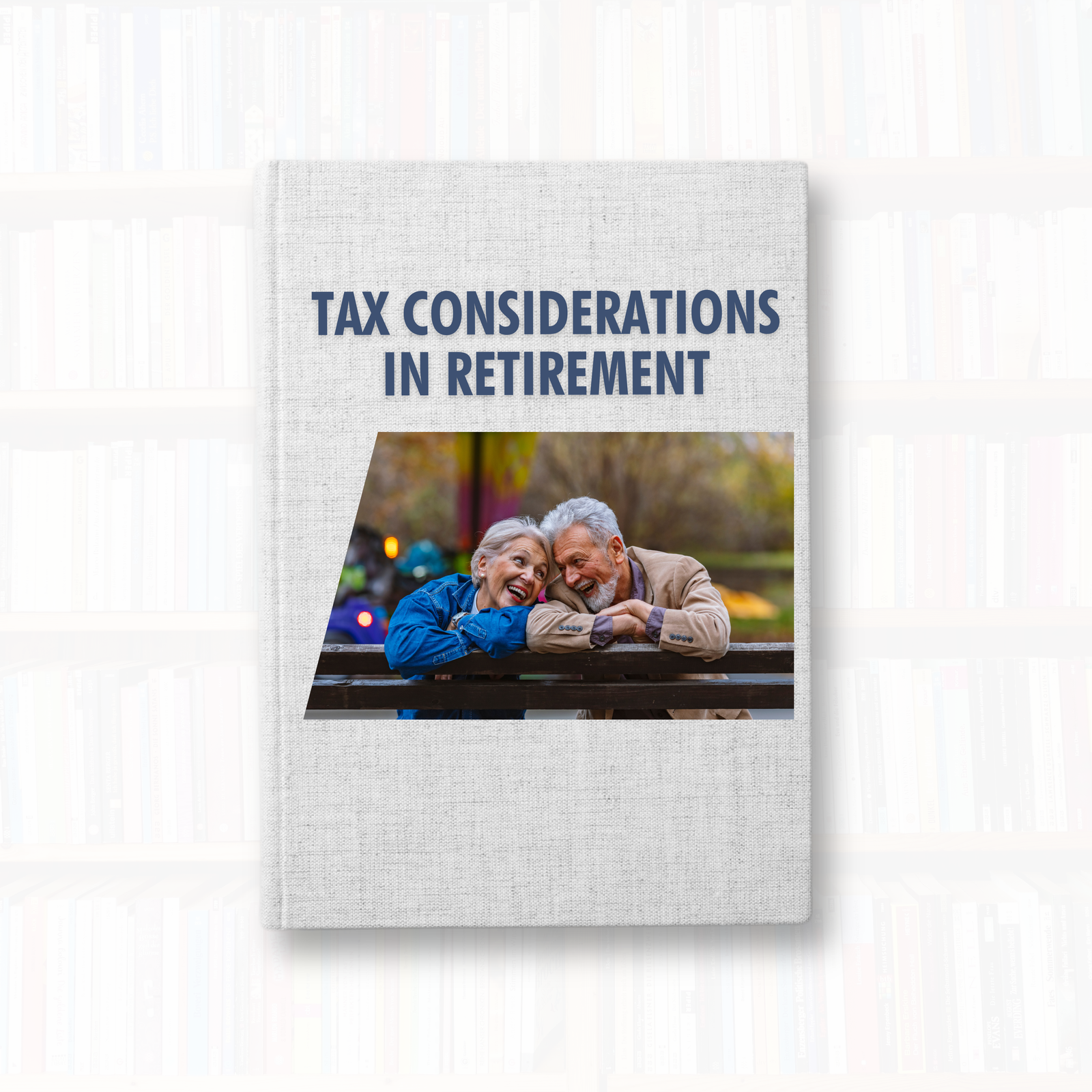OVERVIEW
Tax professionals will explore IRS tax credits, which serve as crucial incentives designed to reduce the amount of tax owed by eligible taxpayers, thus lowering their overall tax liability. Key components of the course include a detailed analysis of tax credits, mastering the distinctions between refundable and nonrefundable credits and their implications on tax liability.
The course will provide an in-depth understanding of eligibility criteria, calculation methods, and maximum credit amounts for a range of tax credits such as the Retirement Savings Contributions Credit, Earned Income Tax Credit (EITC), Child Tax Credit (CTC), Saver’s Credit and many more. Participants will also explore lesser-known tax credits, expiring credits, and the latest updates in tax laws.
Moreover, the course will guide professionals through the proper procedures for claiming tax credits on tax returns, ensuring full compliance with IRS regulations while optimizing potential tax benefits for clients. Participants will also become proficient in pertinent schedules and forms related to each credit, such as Schedule EIC for the EITC and Schedule 8812 for the CTC.
Learning Objectives:
Upon completion of this course, you will be able to:
- Develop a deep understanding of major tax credits such as the Earned Income Tax Credit (EITC), Child Tax Credit (CTC), Additional Child Tax Credit (ACTC), American Opportunity Tax Credit (AOTC), and Lifetime Learning Credit (LLC).
- Develop a deep understanding of lessor known tax credits such as Retirement Savings Contributions Credit, Low-Income Housing Credit and Credit for the Elderly or The Disabled.
- Analyze the eligibility criteria, phase-out thresholds, and maximum credit amounts for each credit.
- Differentiate between refundable and nonrefundable credits, understanding their respective impacts on reducing tax liability and generating refunds.
- Get updated on recent legislative changes affecting tax credits, including updates from the latest tax laws and analyze how these changes impact tax planning.
- Advise clients on opportunities they may not be aware of, thereby enhancing their financial position.
At the end of the course, participants will be required to pass a comprehensive final exam covering all topics addressed throughout the course. The exam is open book, and the downloadable PDF containing the course material is available on the first page of the course. A minimum score of 70% is necessary to satisfy the Continuing Education (CE) requirement and to obtain a Certificate of Completion. Successful course completions are reported to the IRS within three business days.
Curriculum
- 1 Section
- 17 Lessons
- 26 Weeks
- Introduction24
- 1.0Introduction
- 1.1Adoption Credit
- 1.2Review Question1 Question
- 1.3American Opportunity Tax Credit
- 1.4Child And Dependent Care Credit
- 1.5Review Question10 Minutes1 Question
- 1.6Child Tax Credit
- 1.7Credit For Electric Plug-In Vehicles
- 1.8Review Question10 Minutes1 Question
- 1.9Credit For Other Dependents
- 1.10Credit For Prior Year Minimum Tax
- 1.11Credit For the Elderly or The Disabled
- 1.12Review Question10 Minutes1 Question
- 1.13Earned Income Tax Credit
- 1.14Energy Efficient Home Improvement Credit
- 1.15Review Question10 Minutes1 Question
- 1.16Foreign Tax Credit
- 1.17Lifetime Learning Credit
- 1.18Low-Income Housing Credit
- 1.19Premium Tax Credit
- 1.20Residential Clean Energy Property Credit
- 1.21Review Question10 Minutes1 Question
- 1.22Retirement Savings Contributions Credit
- 1.23Tax Credit Final Exam10 Minutes10 Questions
-
2025 AFSP 18-Hour CE Bundle- Small Business & Depreciation w/ AFTR
6 course includedLearning Objectives: Navigate the complexities of Schedule C reporting, including advanced methods for calculating depreciation, to maximize deductions and ensure...View detail$129.99 -
2025 AFSP 18-Hour CE Bundle- Personal Income Tax Return w/ AFTR
6 course includedLearning Objectives: Master the common and uncommon tax credits, including the Credit for the Elderly or The Disabled, Earned Income...View detail$129.00

